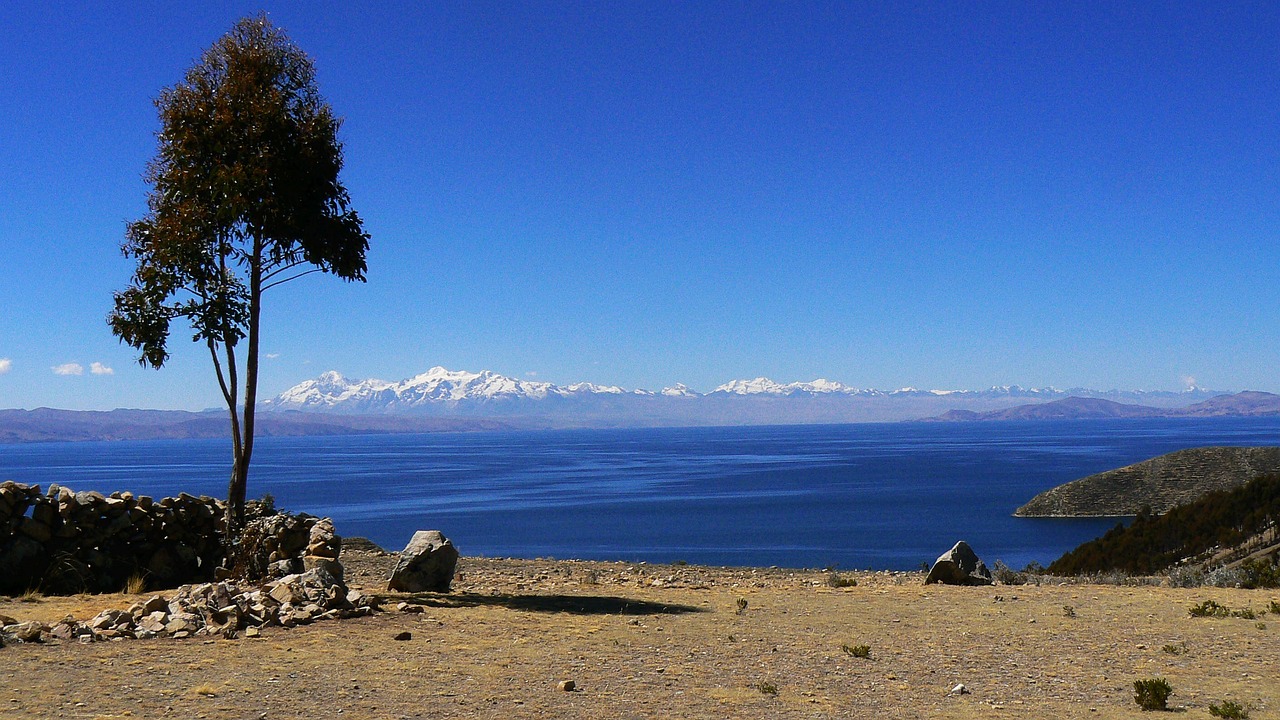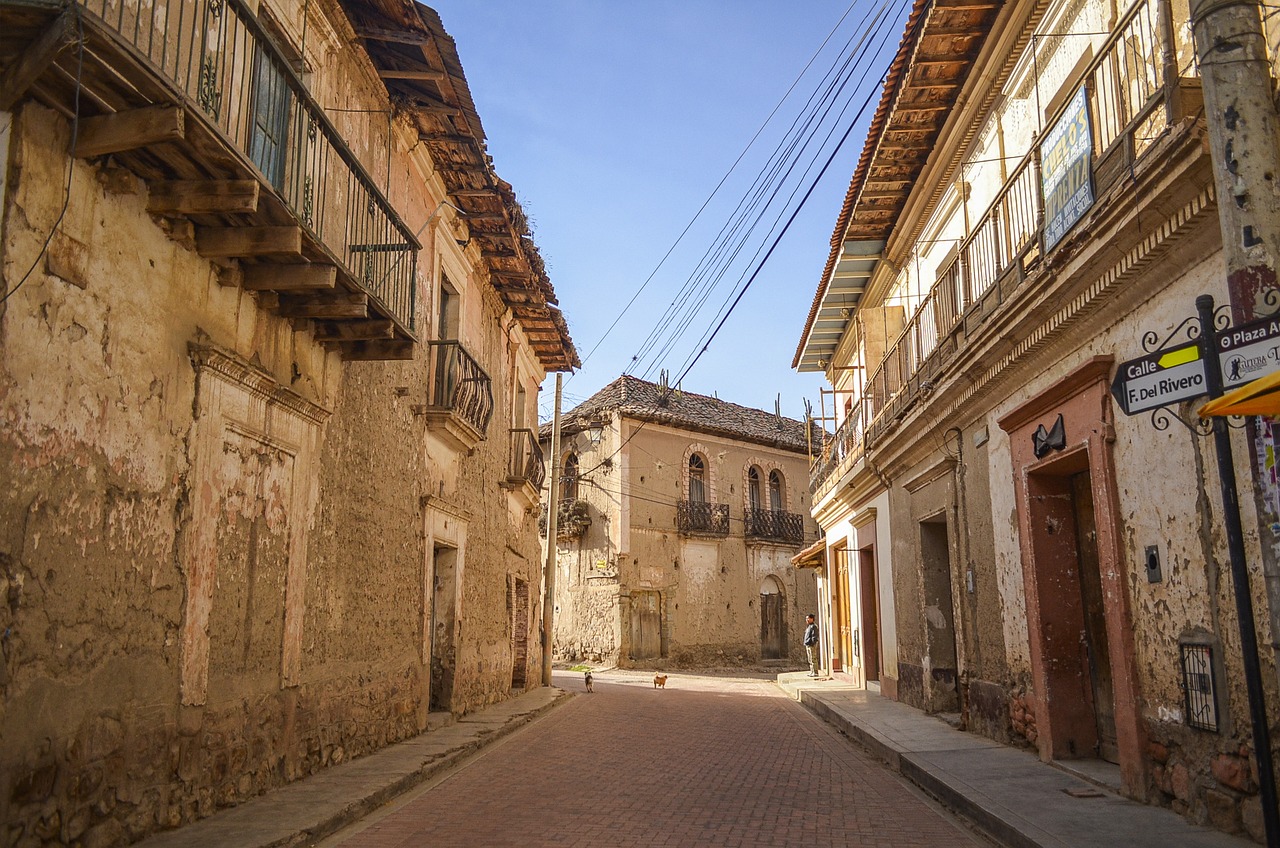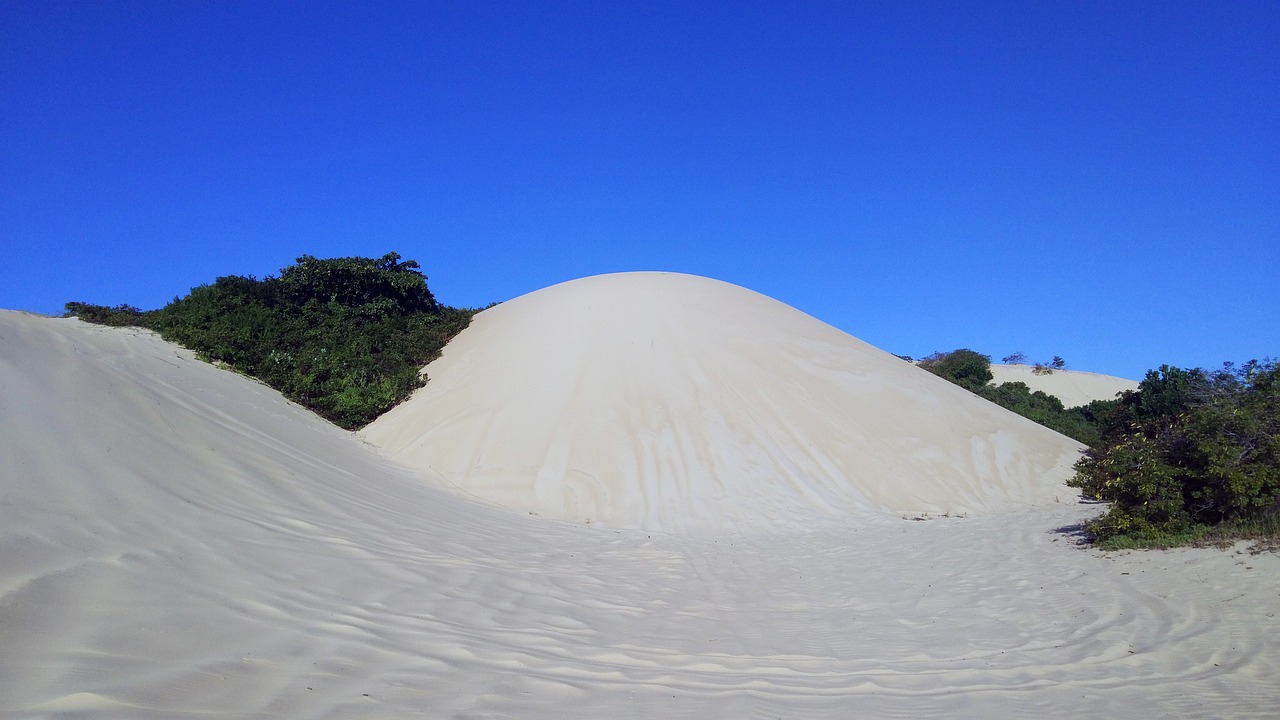Bolivia Video
Emergency Services: What to Know While in Bolivia
Bolivia, with its diverse landscapes and rich cultural heritage, is a popular destination for travelers. However, it is important to be prepared and informed about emergency services in the country to ensure your safety and well-being. This article will guide you through various aspects of emergency services in Bolivia, including medical assistance, police services, and embassy support.
Medical Assistance
When it comes to medical emergencies, it is crucial to have access to reliable healthcare services. In Bolivia, there are several options available for medical assistance:
- Hospitals: Bolivia has a network of public and private hospitals that provide medical care. Some well-known hospitals in major cities include the Hospital Obrero in La Paz and the Clínica Foianini in Santa Cruz. It is advisable to have travel insurance that covers medical expenses in case of emergencies.
- Emergency Numbers: In case of a medical emergency, dial 911 or 112 for immediate assistance. These numbers connect you to the local emergency services.
- Medical Evacuation: In remote areas or serious medical emergencies, medical evacuation may be required. It is recommended to have travel insurance that covers medical evacuation to ensure prompt and efficient transport to a suitable medical facility.
Police Services
Understanding the police services and emergency contacts in Bolivia is essential for your safety and security. Here are some important points to keep in mind:
- Emergency Numbers: In case of a crime or emergency, dial 110 or 120 to reach the Bolivian police. These numbers connect you to the local police stations.
- Tourist Police: Bolivia has a dedicated tourist police force that provides assistance to tourists. They can help with issues such as theft, lost documents, or other emergencies. The tourist police can be reached at +591-2-222-5181 in La Paz or +591-3-336-1302 in Santa Cruz.
- Reporting a Crime: If you are a victim of a crime, it is important to report it to the police. Visit the nearest police station or contact the tourist police for guidance on reporting procedures.
Embassy Support
Embassies and consulates play a vital role in providing support and assistance to their citizens while abroad. Here is what you need to know about embassy services in Bolivia:
- Embassy Contacts: It is advisable to register with your embassy or consulate upon arrival in Bolivia. This ensures that they have your contact information and can assist you in case of emergencies. Find the contact details of your embassy or consulate in Bolivia before your trip.
- Emergency Assistance: If you find yourself in a critical situation, such as a natural disaster or political unrest, contact your embassy or consulate immediately. They can provide guidance, evacuation assistance, and support during emergencies.
- Lost or Stolen Documents: If your passport or other important documents are lost or stolen, contact your embassy or consulate for assistance in obtaining new documents.
Bolivia Image 1:

Tourist Assistance Centers
In addition to emergency services, Bolivia has tourist assistance centers to provide travelers with information and support. Here are some key points to note:
- Location: Tourist assistance centers are usually located in major tourist areas and cities. They can provide information on attractions, transportation, and general assistance.
- Services: These centers offer services such as maps, brochures, and guidance on local customs and traditions. They can also assist with language translation if needed.
- Emergency Contacts: Tourist assistance centers often have emergency contact numbers readily available. They can provide guidance on who to contact in case of specific emergencies.
Transportation Services
When it comes to transportation emergencies, it is important to be aware of the available services and contacts. Here are some points to consider:
- Taxi Services: Taxis are a common mode of transportation in Bolivia. It is recommended to use registered and reputable taxi services. Keep emergency numbers handy in case of any issues.
- Rideshare Services: Rideshare services like Uber are available in major cities in Bolivia. They provide a convenient and safe mode of transportation. Make sure to have the app downloaded and emergency contacts accessible.
- Emergency Vehicle Services: In case of a breakdown or accident, there are emergency vehicle services available. Keep the contact numbers of local towing and roadside assistance companies for prompt help.
Bolivia Image 2:

Natural Disasters
Bolivia is prone to natural disasters such as earthquakes, floods, and landslides. Being prepared and informed can help minimize risks. Here are some tips:
- Stay Informed: Keep track of weather updates and follow any warnings or advisories issued by local authorities.
- Emergency Kits: Prepare an emergency kit with essentials like food, water, medications, and a first aid kit. Include important documents and a flashlight as well.
- Evacuation Plans: Familiarize yourself with evacuation routes and procedures in case of a natural disaster. Have a designated meeting point for your travel group.
Medical Insurance
Having comprehensive travel medical insurance is highly recommended when visiting Bolivia. Here’s why:
- Medical Expenses: Medical treatments, especially in emergencies, can be costly. Travel insurance with medical coverage ensures that you are financially protected.
- Medical Evacuation: In severe medical emergencies, medical evacuation to another country may be necessary. Travel insurance can cover the expenses associated with transportation and medical facilities.
- Peace of Mind: With travel insurance, you can have peace of mind knowing that you are protected in case of unforeseen medical emergencies.
Bolivia Image 3:

Conclusion
Being aware of the emergency services available in Bolivia is essential for a safe and enjoyable trip. Understand the medical assistance options, police services, embassy support, and other relevant services. Stay prepared, have emergency contacts readily available, and consider obtaining comprehensive travel insurance. With the right knowledge and precautions, you can have a memorable experience in Bolivia while ensuring your safety and well-being.
References
– Hospital Obrero: hospitalobrerolapaz.com
– Clínica Foianini: clinicafoianini.com
– Tourist Police La Paz: policiaturistica.gob.bo
– Tourist Police Santa Cruz: policiaturistica.gob.bo
– U.S. Embassy in Bolivia: bo.usembassy.gov
– Embassy of the United Kingdom in Bolivia: gov.uk/world/organisations/british-embassy-la-paz
– Embassy of Canada in Bolivia: international.gc.ca/world-monde/bolivia
– Embassy of Australia in Bolivia: bolivia.embassy.gov.au
– Embassy of Germany in Bolivia: la-paz.diplo.de
– Bolivian Tourist Assistance Centers: bolivia.travel


